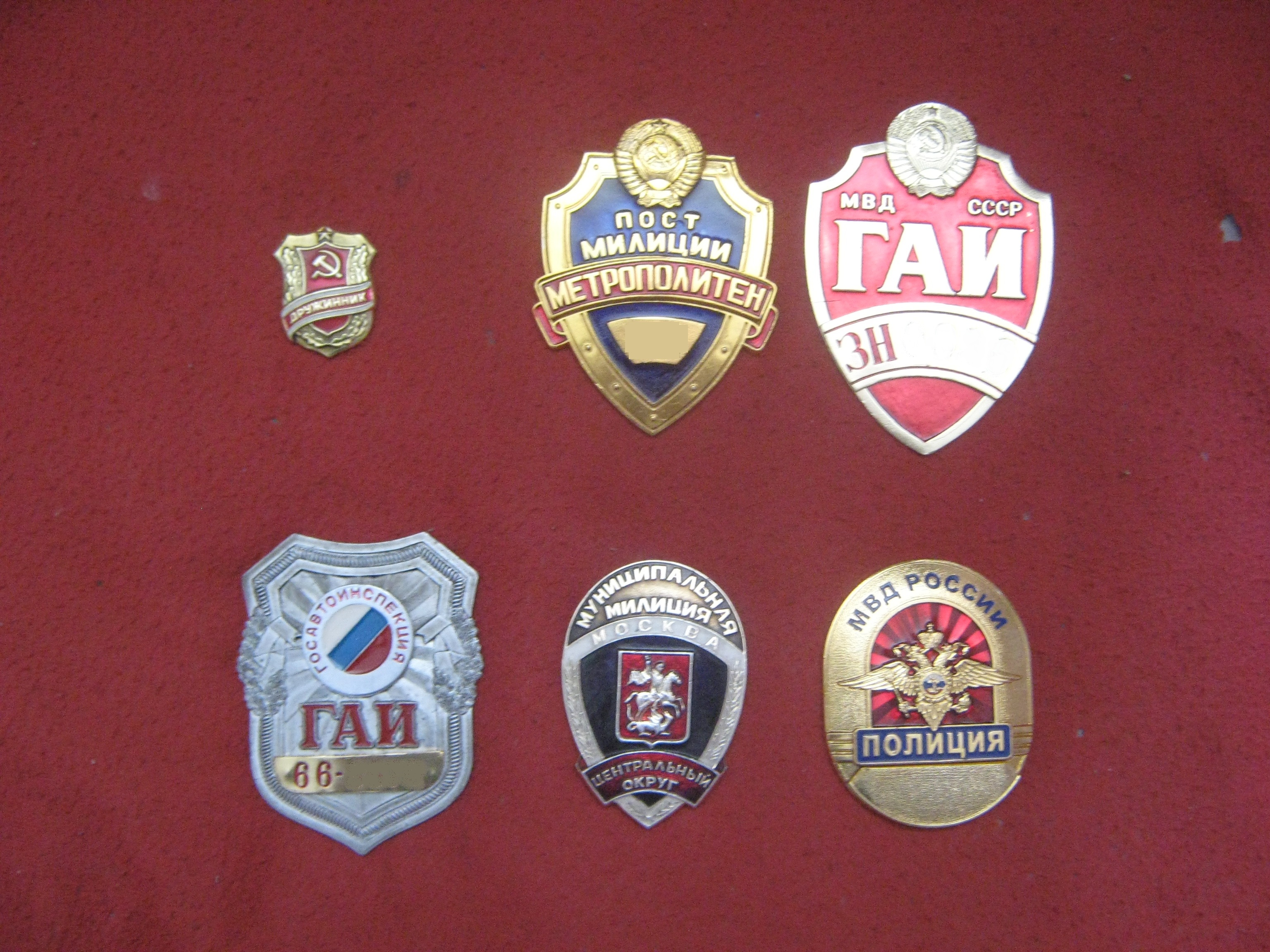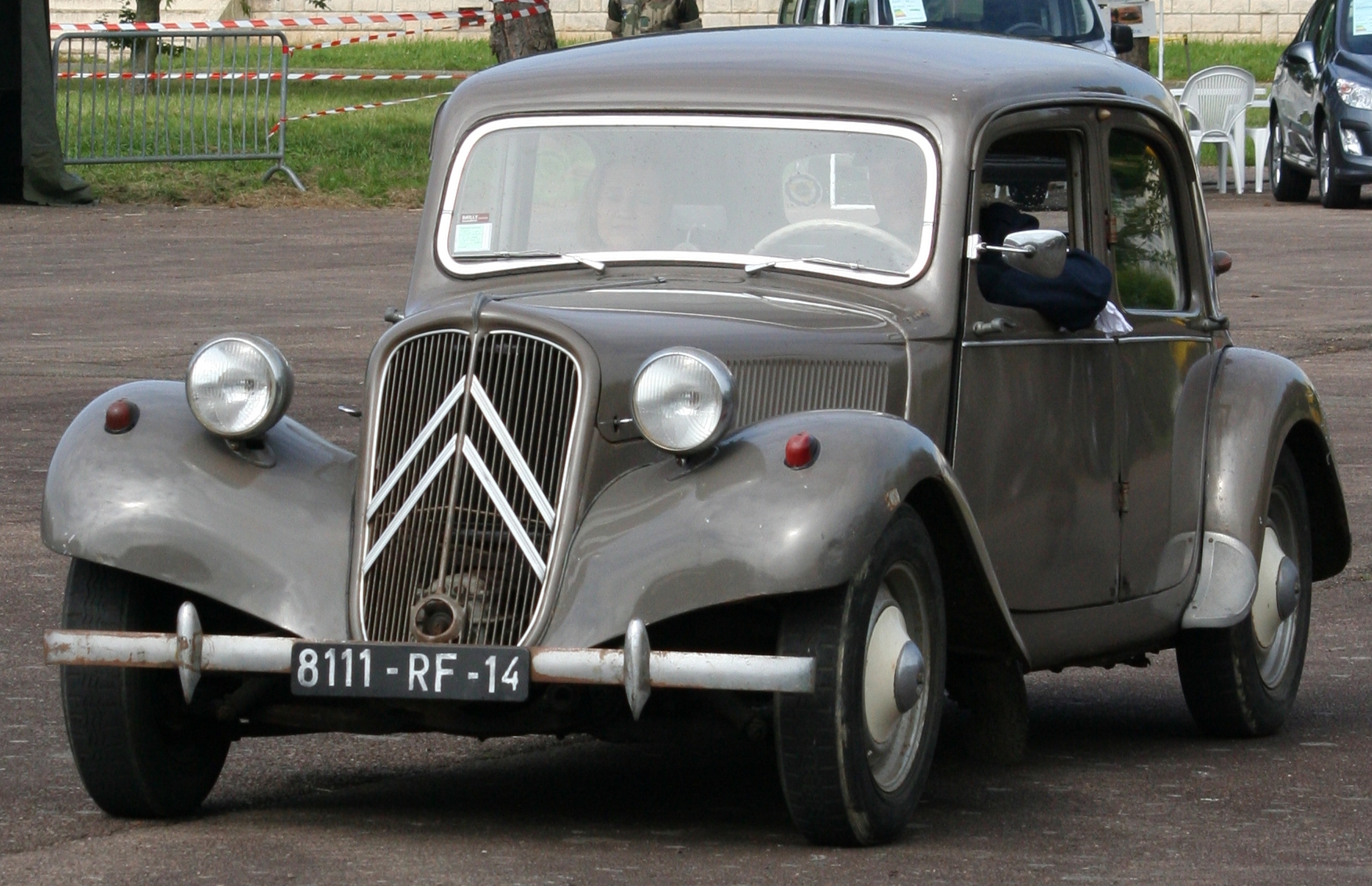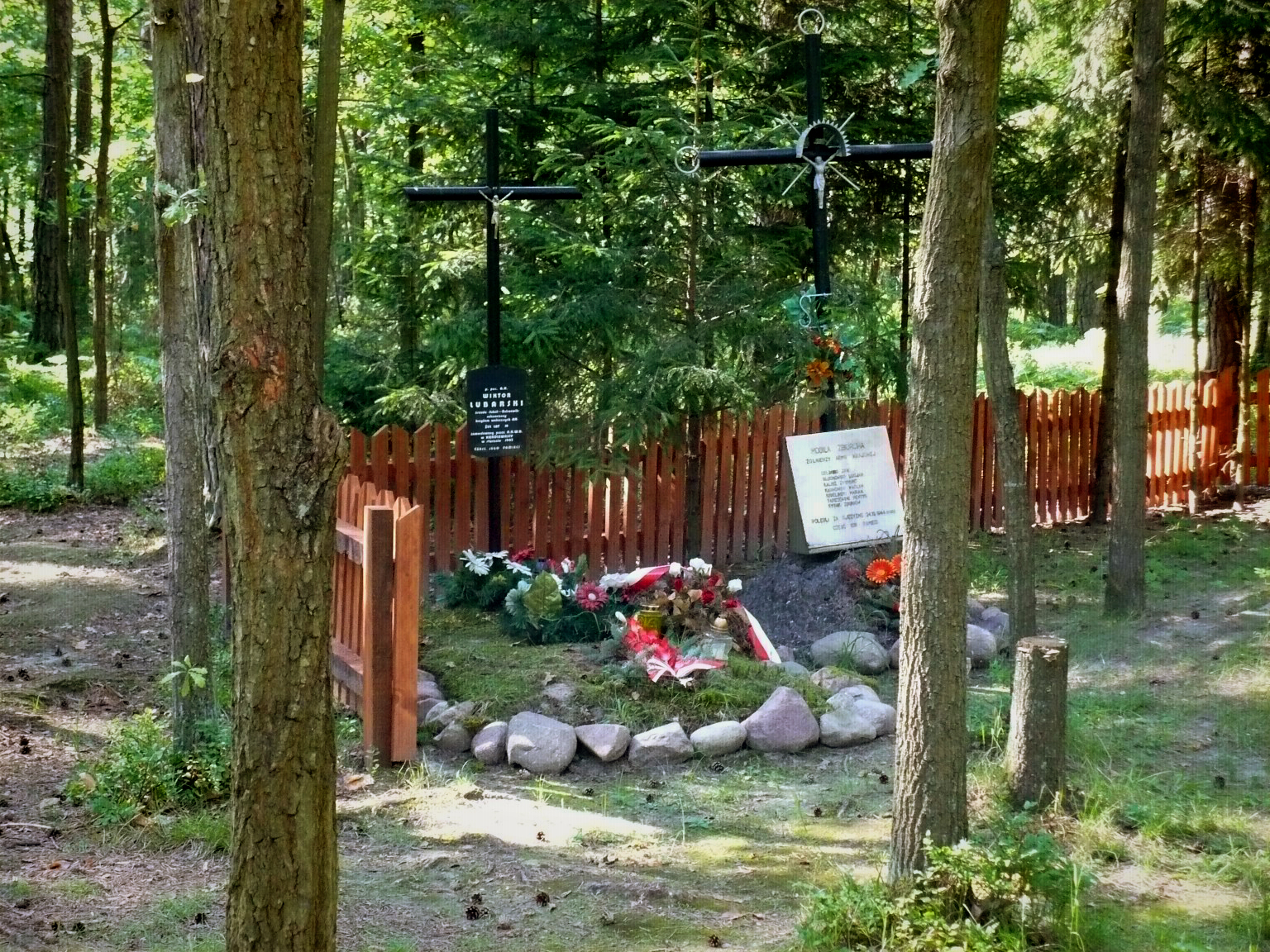|
Józef Franczak
Józef Franczak (17 March 1918 – 21 October 1963) was a soldier of the Polish Army, Armia Krajowa World War II resistance, and last of the cursed soldiers – members of the militant anti-communist resistance in Poland. He used codenames ''Lalek'' (best known), ''Laluś, Laleczka, Guściowa'', and fake name ''Józef Babiński''. He was a resistance fighter for 24 out of 45 years of his life. ''Also in:'' And: Biography Józef Franczak was born in the Polish village of Kozice Górne, some 30 kilometers from Lublin. After attending a school for the gendarmerie in Grudziądz, he was stationed as a soldier of the Polish Army in Równe (then in Poland, now Rivne, Ukraine). He was captured during the Soviet invasion of Poland, but escaped and joined one of the first Polish resistance organizations, the Związek Walki Zbrojnej, which later became the Armia Krajowa. Little is know about his wartime activities, except that around February 1943 he and two other par ... [...More Info...] [...Related Items...] OR: [Wikipedia] [Google] [Baidu] |
Kozice Górne
Kozice Górne is a village in the administrative district of Gmina Piaski, within Świdnik County, Lublin Voivodeship, in eastern Poland. It lies approximately west of Piaski, south-east of Świdnik Świdnik () is a town in southeastern Poland with 40,186 inhabitants (2012), situated in the Lublin Voivodeship, southeast of the city of Lublin. It is the capital of Świdnik County. Świdnik belongs to the historic province of Lesser Poland, ..., and south-east of the regional capital Lublin. References Villages in Świdnik County {{Świdnik-geo-stub ... [...More Info...] [...Related Items...] OR: [Wikipedia] [Google] [Baidu] |
Skrzynice-Kolonia
Skrzynice-Kolonia is a village in the administrative district of Gmina Jabłonna, within Lublin County, Lublin Voivodeship, in eastern Poland. It lies approximately north-east of Jabłonna and south of the regional capital Lublin. History Following the joint German-Soviet invasion of Poland, which started World War II World War II or the Second World War, often abbreviated as WWII or WW2, was a world war that lasted from 1939 to 1945. It involved the vast majority of the world's countries—including all of the great powers—forming two opposing ... in September 1939, the village was occupied by Germany. In October 1943, the German police executed two people in Skrzynice-Kolonia. The victims were a 28-year-old Polish man and a Jew whom he had sheltered from the Holocaust. References Villages in Lublin County {{LublinCounty-geo-stub ... [...More Info...] [...Related Items...] OR: [Wikipedia] [Google] [Baidu] |
Milicja
''Militsiya'' ( rus, милиция, , mʲɪˈlʲitsɨjə) was the name of the police forces in the Soviet Union (until 1991) and in several Eastern Bloc countries (1945–1992), as well as in the non-aligned SFR Yugoslavia (1945–1992). The term continues in common and sometimes official usage in some of the individual former Soviet republics such as Belarus, Tajikistan, Uzbekistan and Kyrgyzstan, as well as in the partially recognised or unrecognised republics of Abkhazia, South Ossetia, Transnistria, DNR and LNR. Name and status The name ''militsiya'' as applied to police forces originates from a Russian Provisional Government decree dated April 17, 1917, and from early Soviet history: both the Provisional Government and the Bolsheviks intended to associate their new law-enforcement authority with the self-organisation of the people and to distinguish it from the czarist police. The militsiya was reaffirmed in Russia on October 28 (November 10, according to the n ... [...More Info...] [...Related Items...] OR: [Wikipedia] [Google] [Baidu] |
Military
A military, also known collectively as armed forces, is a heavily armed, highly organized force primarily intended for warfare. It is typically authorized and maintained by a sovereign state, with its members identifiable by their distinct military uniform. It may consist of one or more military branches such as an army, navy, air force, space force, marines, or coast guard. The main task of the military is usually defined as defence of the state and its interests against external armed threats. In broad usage, the terms ''armed forces'' and ''military'' are often treated as synonymous, although in technical usage a distinction is sometimes made in which a country's armed forces may include both its military and other paramilitary forces. There are various forms of irregular military forces, not belonging to a recognized state; though they share many attributes with regular military forces, they are less often referred to as simply ''military''. A nation's militar ... [...More Info...] [...Related Items...] OR: [Wikipedia] [Google] [Baidu] |
Law Enforcement Agency
A law enforcement agency (LEA) is any government agency responsible for the enforcement of the laws. Jurisdiction LEAs which have their ability to apply their powers restricted in some way are said to operate within a jurisdiction. LEAs will have some form of geographic restriction on their ability to apply their powers. The LEA might be able to apply its powers within a country, for example the United States of America's Bureau of Alcohol, Tobacco, Firearms and Explosives or its Drug Enforcement Administration; within a division of a country, for example the Australian state Queensland Police; or across a collection of countries, for example international organizations such as Interpol, or the European Union's Europol. LEAs which operate across a collection of countries tend to assist in law enforcement activities, rather than directly enforcing laws, by facilitating the sharing of information necessary for law enforcement between LEAs within those countries, for ... [...More Info...] [...Related Items...] OR: [Wikipedia] [Google] [Baidu] |
Urząd Bezpieczeństwa
The Ministry of Public Security ( pl, Ministerstwo Bezpieczeństwa Publicznego), commonly known as UB or later SB, was the secret police, intelligence and counter-espionage agency operating in the Polish People's Republic. From 1945 to 1954 it was known as the Department of Security (, UB), and from 1956 to 1990 as the Security Service (, SB). The initial UB was headed by Public Security General Stanisław Radkiewicz and supervised by Jakub Berman of the Polish Politburo. The main goal of the Department of Security was the swift eradication of anti-communist structures and socio-political base of the Polish Underground State, as well as the persecution of former underground soldiers of the Home Army () and later anti-communist organizations like Freedom and Independence (WiN). The Ministry of Public Security was established on 1 January 1945 and ceased operations on 7 December 1954. It was the chief secret service in communist Poland during the period of Stalinism. Throughout ... [...More Info...] [...Related Items...] OR: [Wikipedia] [Google] [Baidu] |
Hieronim Dekutowski
Hieronim Dekutowski (noms de guerre "Zapora", "Odra", "Rezu", "Stary", "Henryk Zagon", 24 September 1918 – 7 March 1949) was a Polish boy scout and soldier, who fought in Polish September Campaign, was a member of the elite forces Cichociemni, fought in the Home Army and after World War II, fought the communist regime as one of commanders of Wolność i Niezawisłość. Early years Dekutowski was born 24 September 1918 in Dzików (now a part of Tarnobrzeg). He was the youngest of nine kids of Jan Dekutowski, patriotic member of Polish Socialist Party and follower of Józef Piłsudski. His mother Maria (née Sudacka), did not work and stayed at home, taking care of the kids. The family was very patriotic, Hieronim's older brother died in the Polish-Soviet War in 1920. Young Dekutowski between 1930 and 1938 attended Middle School and High School of Hetman Jan Tarnowski in Tarnobrzeg. At the same time, he was a member of local branch of Związek Harcerstwa Polskiego, where ... [...More Info...] [...Related Items...] OR: [Wikipedia] [Google] [Baidu] |
Anti-communist
Anti-communism is political and ideological opposition to communism. Organized anti-communism developed after the 1917 October Revolution in the Russian Empire, and it reached global dimensions during the Cold War, when the United States and the Soviet Union engaged in an intense rivalry. Anti-communism has been an element of movements which hold many different political positions, including conservatism, fascism, liberalism, nationalism, social democracy, libertarianism, or the anti-Stalinist left. Anti-communism has also been expressed in philosophy, by several religious groups, and in literature. Some well-known proponents of anti-communism are former communists. Anti-communism has also been prominent among movements resisting communist governance. The first organization which was specifically dedicated to opposing communism was the Russian White movement which fought in the Russian Civil War starting in 1918 against the recently established Bolshevik government. The Whit ... [...More Info...] [...Related Items...] OR: [Wikipedia] [Google] [Baidu] |
Łódź
Łódź, also rendered in English as Lodz, is a city in central Poland and a former industrial centre. It is the capital of Łódź Voivodeship, and is located approximately south-west of Warsaw. The city's coat of arms is an example of canting, as it depicts a boat ( in Polish), which alludes to the city's name. As of 2022, Łódź has a population of 670,642 making it the country's fourth largest city. Łódź was once a small settlement that first appeared in 14th-century records. It was granted town rights in 1423 by Polish King Władysław II Jagiełło and it remained a private town of the Kuyavian bishops and clergy until the late 18th century. In the Second Partition of Poland in 1793, Łódź was annexed to Prussia before becoming part of the Napoleonic Duchy of Warsaw; the city joined Congress Poland, a Russian client state, at the 1815 Congress of Vienna. The Second Industrial Revolution (from 1870) brought rapid growth in textile manufacturing and in popula ... [...More Info...] [...Related Items...] OR: [Wikipedia] [Google] [Baidu] |
Sopot
Sopot is a seaside resort city in Pomerelia on the southern coast of the Baltic Sea in northern Poland, with a population of approximately 40,000. It is located in Pomeranian Voivodeship, and has the status of the county, being the smallest city in Poland to do so. It lies between the larger cities of Gdańsk to the southeast and Gdynia to the northwest. The three cities together form the metropolitan area of Tricity. Sopot is a major health-spa and tourist resort destination. It has the longest wooden pier in Europe, at 515.5 metres, stretching out into the Bay of Gdańsk. The city is also famous for its Sopot International Song Festival, the largest such event in Europe after the Eurovision Song Contest. Among its other attractions is a fountain of bromide spring water, known as the "inhalation mushroom". Etymology The name is thought to derive from an Old Slavic word ''sopot'' meaning "stream" or "spring". The same root occurs in a number of other Old Slavic toponyms; ... [...More Info...] [...Related Items...] OR: [Wikipedia] [Google] [Baidu] |
Uroczysko Baran Killing Fields
The Uroczysko Baran killing fields ( pl, miejsce zbrodni Uroczysko Baran, lit=Uroczysko Baran crime location), often referred to in Poland as the "Little Katyn" or the "Second Katyn", was the location for secret executions of soldiers and officers of the Polish Underground State, Home Army, and Second Army of Ludowe Wojsko Polskie carried out by Communist forces on behalf of the NKVD, SMERSH, and PUBP in the later stages of World War II. The killing fields at the Uroczysko Baran," Uroczysko" is the Polish term for a geographical location of arbitrary type, typically within a forest, somehow identified among its surroundings. ''Baran'' means "ram" in Polish also known as the Baran Forest, are located on the outskirts of Kąkolewnica village in eastern Poland, near Radzyń Podlaski. It is estimated that up to 1,200 or 1,800 wartime members of the Home Army (AK), Freedom and Independence (WiN), the Agrarian Battalions of BCh, as well as Polish defectors drafted to the Commu ... [...More Info...] [...Related Items...] OR: [Wikipedia] [Google] [Baidu] |
Polish Communist
Communism in Poland can trace its origins to the late 19th century: the Marxist First Proletariat party was founded in 1882. Rosa Luxemburg (1871–1919) of the Social Democracy of the Kingdom of Poland and Lithuania (''Socjaldemokracja Królestwa Polskiego i Litwy'', SDKPiL) party and the publicist Stanisław Brzozowski (1878–1911) were important early Polish Marxists. During the interwar period in the Second Polish Republic, some socialists formed the Communist Party of Poland (''Komunistyczna Partia Polski'', KPP). Most of the KPP's leaders and activists perished in the Soviet Union during Joseph Stalin's Great Purge in the 1930s, and the party was abolished by the Communist International (Comintern) in 1938. In 1939, World War II began and Poland was conquered by Nazi Germany and the Soviet Union. The government of the Polish Republic went into exile. In 1942, Polish communists backed by the Soviet Union in German-occupied Poland established a new Polish communist ... [...More Info...] [...Related Items...] OR: [Wikipedia] [Google] [Baidu] |





